In our oral hygiene daily routines, many skip flossing. While flossing may seem monotonous and time consuming, it is genuinely beneficial to our oral health. Brushing and flossing on a daily basis is so important because flossing gets in between the teeth – the spaces that do not get thoroughly hit by toothbrushes. Flossing removes the excess plaque and debris where build up may occur. Without flossing, your teeth may experience a buildup of plaque, which can lead to tooth decay and gum disease. If you floss along with brushing your teeth, you will notice your gums and teeth will be much healthier.
While toothbrushes are designed to clean our teeth, they are not designed to hit in between our teeth for a deep clean. This is when floss comes into play. With the areas missed by the toothbrush, the debris and plaque will continue to build up until they eventually result in a cavity or decay. To get this debris and plaque before it builds up into something more serious, you’ll need to floss.
Skipping flossing is a common occurrence, but why if it is so good for our oral health? People tend to not floss because they are afraid of it being painful or causing their gums to bleed. If your gums bleed while you floss, it should not deter you from continuing. If your gums are sensitive, you may need to ensure the deeper clean because this could be a sign of gum disease. Bleeding gums is not always a sign of gum disease, and is common when you are putting something on your gums you’re not used to. If the bleeding seems out of the normal for you, consult with your dentist.
To keep your teeth and gums healthy, brushing and flossing your teeth is imperative. Regular checkups with your dentist will help as well, and your dentist will keep record of your oral cavity, which will allow them to spot anything out of the ordinary. If you floss on a daily basis – you’ll quickly realize just how clean your teeth and gums will be. If you are looking for guidance on how to properly take care of your teeth, your dental professionals will be able to help you with this.

